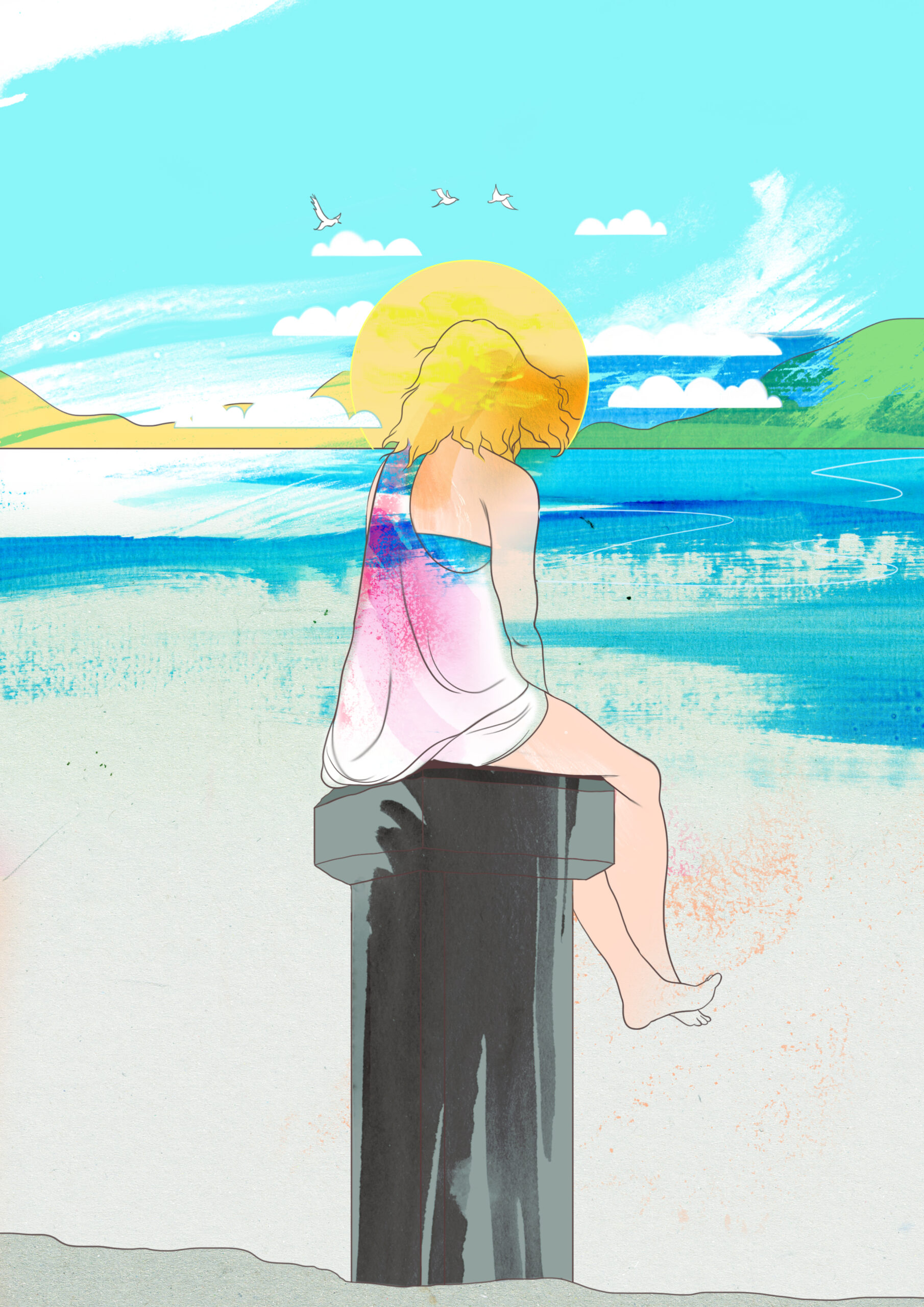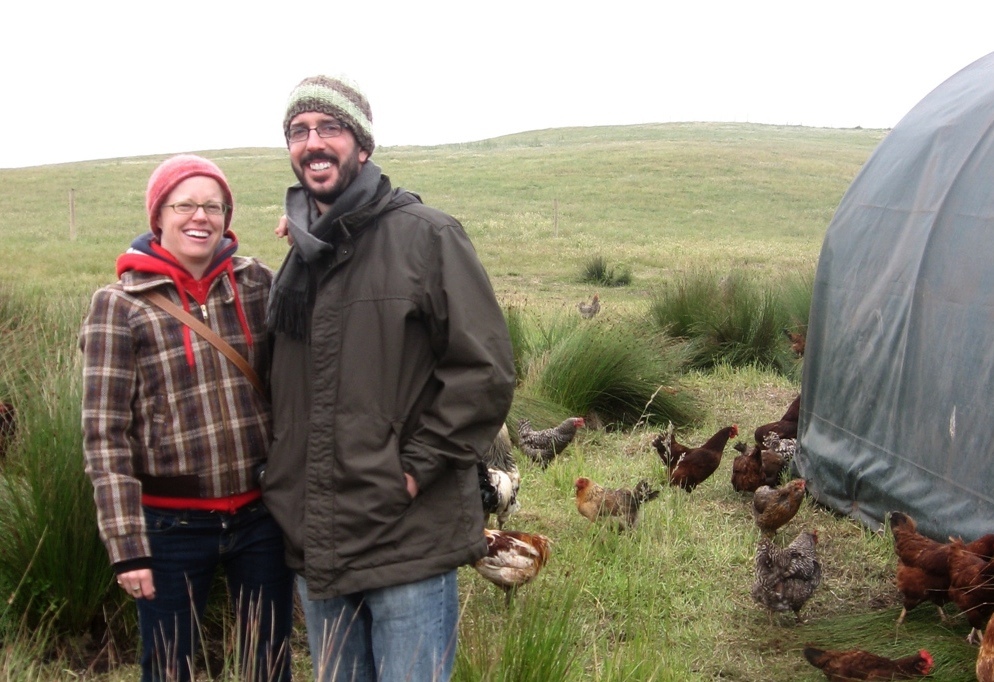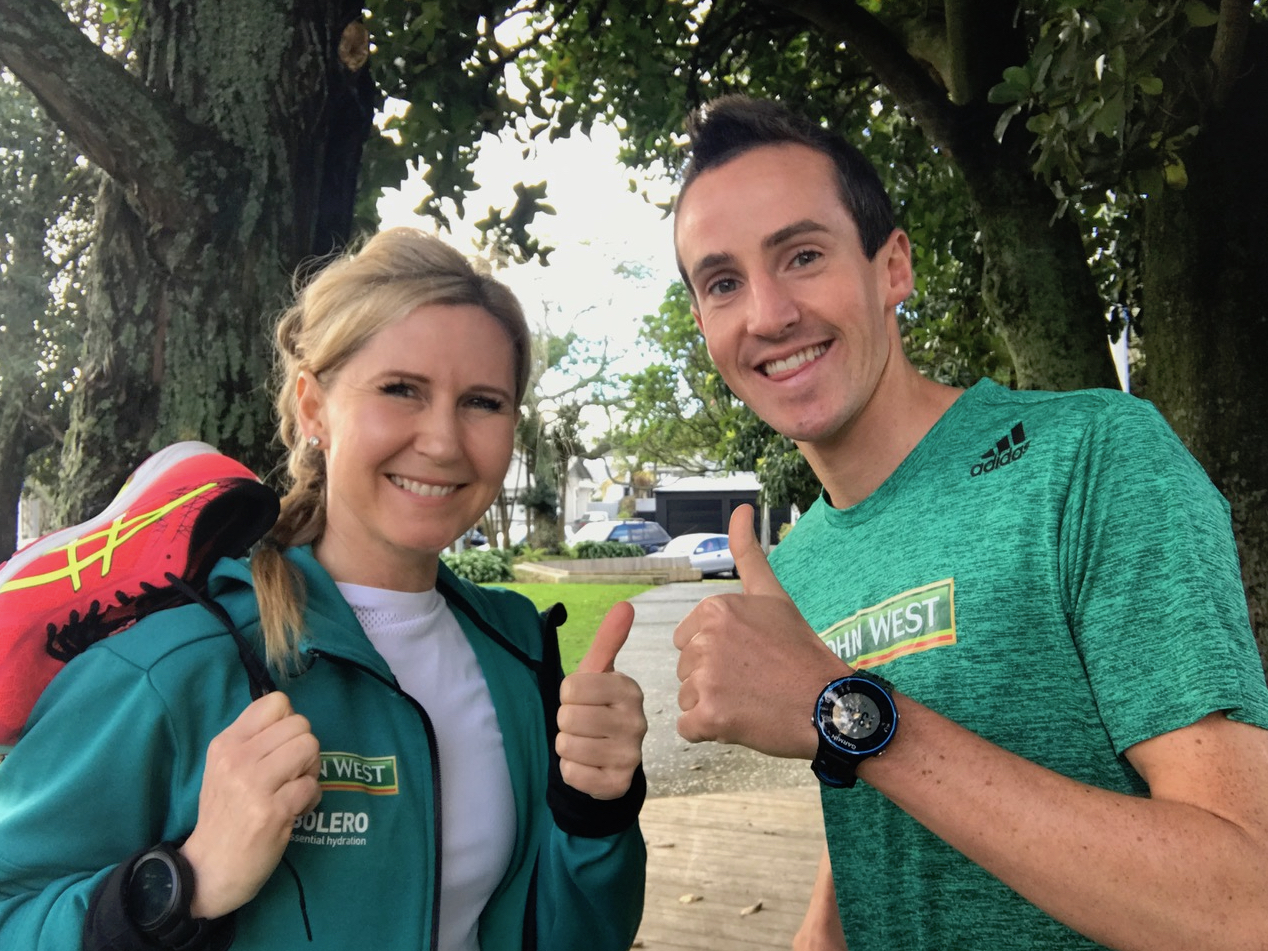Words Dr Alice Boyes. Illustration Janelle Barone
Whether it’s the death of a loved one, experiencing an illness or accident that compromises your health, a devastating political change, a relationship betrayal or giving up on a dream, almost everyone can relate to feelings of grief and loss.
Here is my advice on how best to cope:
Expect the acute grief phase to last about six months
Having a reasonable expectation of how long your acute, visceral feelings of grief will last can help allow you to feel your feelings, and give you the confidence to know that these feelings will almost certainly get better with time.
The experience of grief is universal, but your experience is unique
The pain of loss can make you feel either desperately lonely or deeply connected to the rest of humanity, depending on how you look at it. If grief is making you feel alone, try seeing the universality of experiencing emotional pain.
The human brain is extremely good at processing difficult emotions, but people have different preferences for how they do it. If your natural instincts are to talk about your thoughts and feelings, then do so, but avoid the traps of ruminating or venting. If you don’t want to talk, that may be just fine too. There’s research that suggests that coaxing people to talk about their feelings when they’re in the acute phase of adjusting to a traumatic experience can make their long-term adjustment worse.
Coping with “firsts”
Have a patient and caring attitude towards yourself as you deal with each new “first” – the first Christmas after the death of a loved one, your first birthday without your former spouse, the first time you are unable to participate in a particular sporting event. And remember that even if you’re going through something that many others have been through too, it’s still the first time for you.
Give people the opportunity to be supportive
This advice applies to people who want the support of others, rather than those who prefer to process their feelings independently. People who want support can sometimes unintentionally behave in ways that make them less likely to get the support they want. For example, folks who have what’s known as an anxious attachment style may react to feelings of sadness or anxiety by becoming angry at those they’re closest to. Those who have an avoidant attachment style may give off signals that they feel intruded on when people try to support them. If you want others to express caring towards you, you need to let them into your emotional world. You can do this in a low-key way: “I need to do X and have no idea how to, could you give me a hand?” Remember, too, that if you’re somewhat open about your experiences, you’ll likely find other people who’ve had similar experiences who can help you feel less alone. After I’d had a miscarriage I learned that many of my friends had too.
Picking up your life
This means getting used to a new reality. Traumatic experiences usually impact our sense of identity, our relationships, our day-to-day living and our beliefs about the world. When a long-term relationship ends, for example, your identity as a coupled person changes and you need to learn to socialise, manage your finances and make plans for the future without your former partner. If you’ve become sick or injured, and had always been athletic, you need to figure out how you can express that side of yourself with your physical limitations, and connect with other aspects of your identity.
The majority of people work through these adjustments in their own time. Some even experience growth – a change in priorities, a deeper appreciation of their relationships and a greater sense of life satisfaction. Putting in place low-key rituals to commemorate who or what you’ve lost can help you start the process of picking up your life, without feeling like you’re moving forward too quickly.
Know when to reach out for professional help
If you feel you aren’t coping, seek a counsellor or psychologist who can help you. The chapter “Walking on Broken Bones” in the book Emotional First Aid by Dr Guy Winch contains excellent practical exercises and advice to help you rebuild your life and fully recover.
Psychology expert Dr Alice Boyes is the author of the book, Anxiety Toolkit





